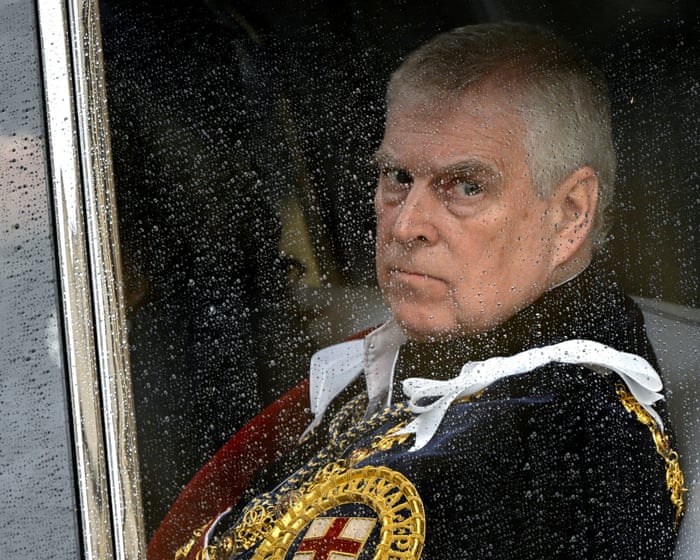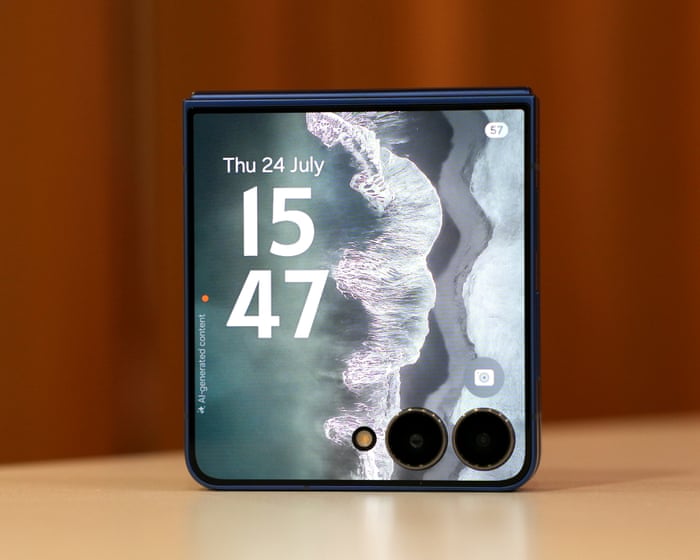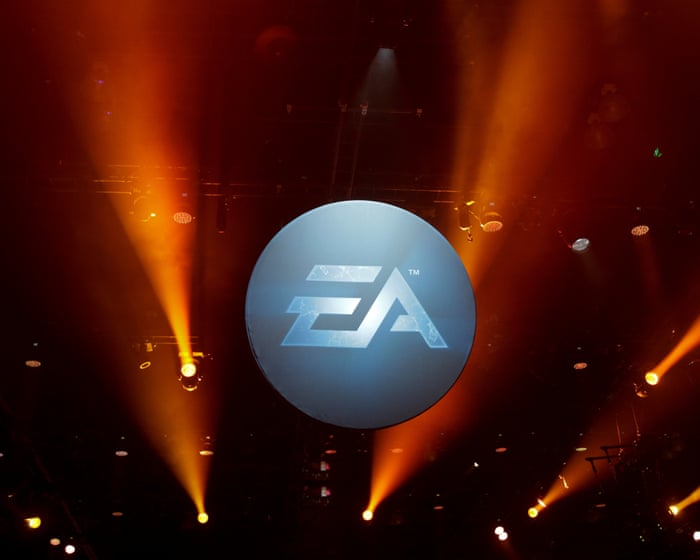Prince Andrew has announced through Buckingham Palace that he will stop using his Duke of York title. He is also giving up his honors as a Knight Grand Cross of the Royal Victorian Order and Royal Knight Companion of the Most Noble Order of the Garter. His only remaining title will be that of prince, which he holds by birth as the son of a queen and cannot be taken away.
In a statement, he said: “After talking with the king and my family, we agreed that the ongoing accusations against me are distracting from His Majesty’s work and the royal family’s duties. I have always put my family and country first, and I stand by my decision five years ago to step back from public life. With the king’s support, I believe I must now go further by no longer using my title or honors. I continue to strongly deny the allegations against me.”
Although Andrew will technically keep the dukedom, which can only be revoked by parliament, he will not use it. The title will remain but be inactive, similar to his HRH style.
The decision was made after close discussions with his brother, King Charles, and other family members, acknowledging that Andrew’s personal issues were harming the royal family’s reputation. The king is reportedly pleased with the outcome. Andrew’s ex-wife, Sarah, will also stop using her title and be known as Sarah Ferguson, while their daughters, Princess Beatrice and Princess Eugenie, will keep their titles.
This agreement followed high-level meetings at Buckingham Palace, where aides felt a “tipping point” had been reached. There was concern within the royal household about the negative headlines and the risk they posed to the monarchy’s image.
The allegations against Andrew involve his connection to the late sex offender Jeffrey Epstein and recent details about his ties to a key figure in a China spying case. This week, excerpts from a memoir by Andrew’s accuser, Virginia Giuffre, who died by suicide in April at age 41, were published. In the book, she claimed Andrew acted as if “having sex with me was his birthright.” Andrew has always denied having sex with Giuffre when she was 17 and settled a civil case with her for around £12 million without admitting liability.
In her memoir, Giuffre described an encounter in London where she said Andrew was rushed and thanked her afterward, and she was paid $15,000 by Epstein for “servicing” him.
On Friday, Giuffre’s family called Andrew’s decision to give up his titles a “vindication for Virginia” and urged King Charles to also remove his prince title.Prince Andrew met with Cai Qi, a senior Chinese official, in 2018 and 2019. Cai was under suspicion for possibly receiving sensitive information from two British citizens accused of spying for China. The case against Christopher Berry and Christopher Cash was later dropped by the Crown Prosecution Service, and both have maintained their innocence.
Andrew has already lost his military roles and charity positions and is no longer permitted to use his HRH title. He will also stop using the titles Earl of Inverness and Baron Killyleagh, which he received on his wedding day.
In response to these developments, Labour MP Rachael Maskell has called for a change in the law. She has proposed a bill that would allow the king to remove titles either on his own or following a recommendation from a parliamentary committee. Maskell stated that it is time for this legislation to be enacted.
Recently released emails by the Mail on Sunday suggest that Andrew remained in contact with Jeffrey Epstein longer than he claimed in his 2019 BBC Newsnight interview. In that interview, Andrew said he ended his friendship with Epstein in 2010 after they were photographed together in New York. However, he later wrote to Epstein, expressing concern and suggesting they stay in touch, signing the message with his royal title.
Epstein died in jail in 2019 while awaiting trial on sex trafficking charges; his death was ruled a suicide. He had previously served time after pleading guilty to prostitution-related offenses involving a minor.
Additionally, flight logs released in the U.S. show that Prince Andrew traveled on Epstein’s private jet four times. These records list him on flights in 1999, 2000, and 2006, sometimes accompanied by Epstein, Ghislaine Maxwell, and others. The logs were made public as part of a document release by the U.S. House oversight committee.The Guardian mobile app includes a hidden feature within its regular functions, making it impossible for anyone watching to detect that you’re communicating with us or what you’re sharing.
If you haven’t installed the Guardian app yet, you can download it (for iOS or Android) and navigate to the menu. Choose ‘Secure Messaging’ to get started.
For those who can access the Tor network without being monitored, you can also reach us through our SecureDrop platform to send messages and files securely.
Additionally, our guide at theguardian.com/tips outlines various secure contact methods and compares their advantages and disadvantages.
Illustration: Guardian Design / Rich Cousins
Was this helpful?
Thank you for your feedback.
Frequently Asked Questions
Of course Here is a list of FAQs about Prince Andrew relinquishing his royal titles designed with clear questions and direct answers
Basic Questions
1 What exactly happened with Prince Andrew
Prince Andrew has stepped back from all his official royal duties and will no longer use his title His Royal Highness or perform any public duties
2 Why did he give up his titles
This decision came after a US court case related to allegations of sexual assault which created significant public controversy and damaged the reputation of the Royal Family
3 What is his main title that he lost
His primary title was the Duke of York He will no longer use this title in an official capacity
4 Is he still a prince
Technically yes he remains a prince by birth as the son of the late Queen Elizabeth II However he can no longer use the style His Royal Highness which is the formal part of a senior royals title
5 Who made this decision
The decision was made following a discussion with his brother King Charles III It was a mutual agreement between the King Prince Andrew and other senior royals
Advanced Questions
6 What does relinquishing his titles mean in practical terms
It means he will no longer represent the monarchy at public events receive public funding for his office or have any military affiliations He will face his legal case as a private citizen
7 What are the specific titles and roles he lost
He lost his military affiliations and his patronage of numerous charities and organizations His primary ducal title Duke of York is effectively inoperative for public life
8 Can he get his titles back in the future
It is highly unlikely This move is widely seen as a permanent step to protect the monarchy from further association with the scandal
9 How does this differ from when Prince Harry and Meghan stepped back
Prince Harry and Meghan retained their HRH titles but agreed not to use them They also kept their ducal titles Prince Andrews separation is more severe involving the removal of all military and charitable roles and the cessation of using his HRH style entirely



